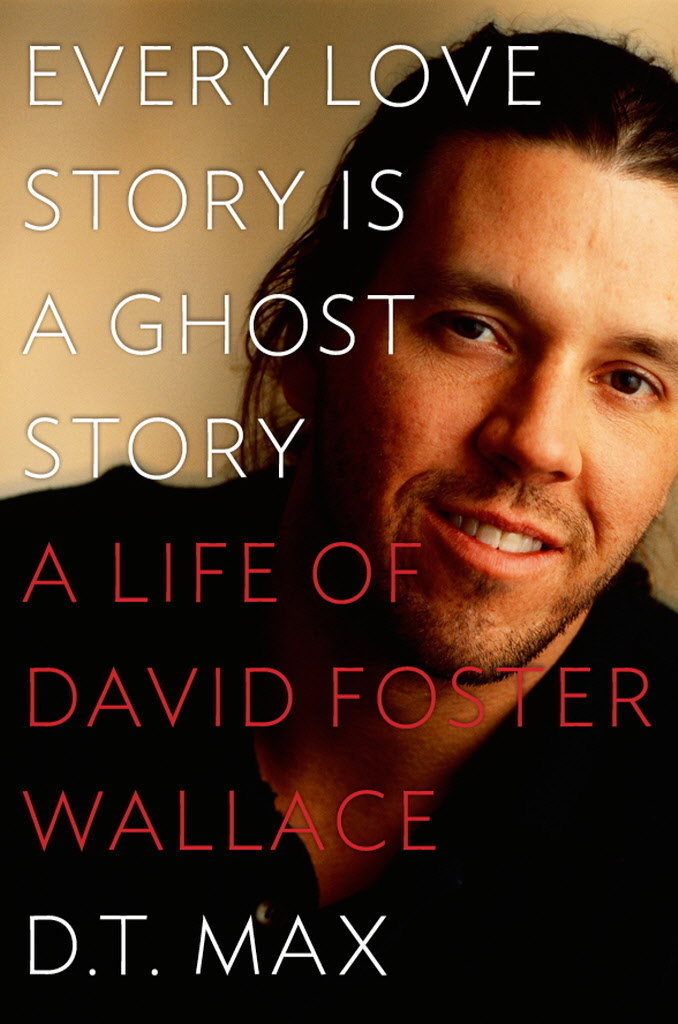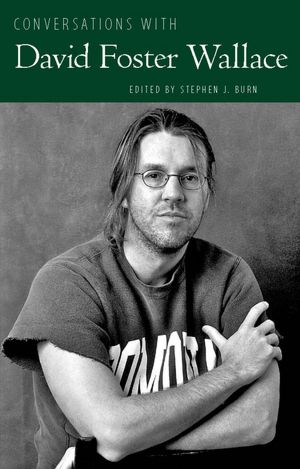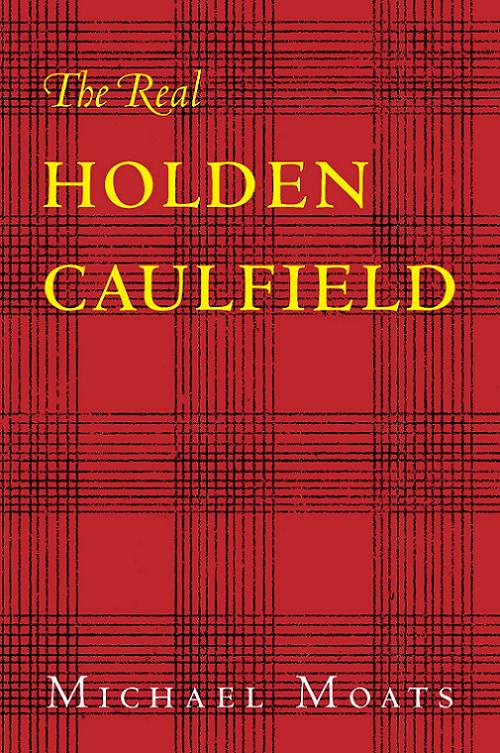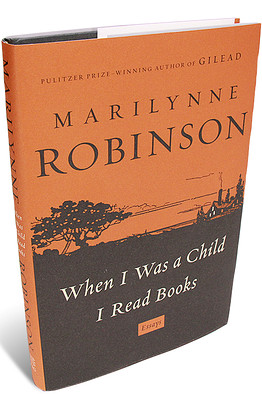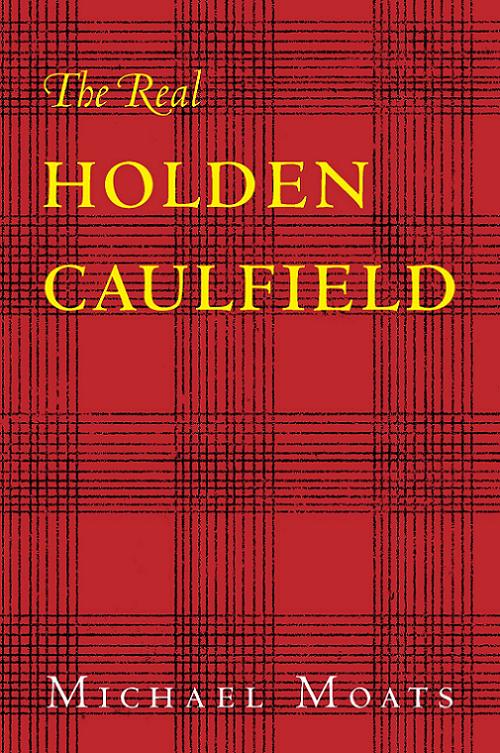YEAR OF DAVID FOSTER WALLACE
“…THOSE THINGS OF BEAUTY, HIS WONDERFUL WORKS, WHICH I HAD ONCE CONTRIVED TO FIT INTO THAT INFIRM AND SACRED FRAME, THAT DWELLING I HAD LOVINGLY CONSTRUCTED LIKE A TEMPLE EXPRESSLY DESIGNED TO HOLD THEM, THERE WAS NOW NO ROOM IN THIS THICK-BODIED LITTLE MAN STANDING IN FRONT OF ME…” – MARCEL PROUST, IN THE SHADOW OF YOUNG GIRLS IN FLOWER
“STILL, WHEN THE ACHE IS OVERPOWERING, THERE’S THE WORK. NONE OF THIS PERSONAL STUFF, HOWEVER WORTHY OF RECOLLECTION, HOWEVER MOVING, IS AS IMPORTANT AS THE WRITING, THE LEGACY.” – RICK MOODY, “TRIBUTE WRITTEN FOR WALLACE FAMILY MEMORIAL BOOK, 2008”
“WHAT REALLY KNOCKS ME OUT IS A BOOK THAT, WHEN YOU’RE ALL DONE READING IT, YOU WISH THE AUTHOR THAT WROTE IT WAS A TERRIFIC FRIEND OF YOURS AND YOU COULD CALL HIM UP ON THE PHONE WHENEVER YOU FELT LIKE IT. THAT DOESN’T HAPPEN MUCH, THOUGH.” – J.D. SALINGER, THE CATCHER IN THE RYE
“AND YET IT OFTEN SEEMS THAT THE PERSON WE ENCOUNTER IN THE LITERARY BIOGRAPHY COULD NOT POSSIBLY HAVE WRITTEN THE WORKS WE ADMIRE. AND THE MORE INTIMATE AND THOROUGH THE BIO, THE STRONGER THIS FEELING USUALLY IS.” – DAVID FOSTER WALLACE, “BORGES ON THE COUCH”

MORE TO COME HERE.
The Infinite Jest Liveblog: What Happened, Pt. 2
This is the latest entry in Words, Words, Words the ongoing liveblog of David Foster Wallace’s Infinite Jest.
Previously on “Words, Words, Words”:
Had Wallace “completed” the story, he would have distracted from what I think is the real meaning of Infinite Jest.
Stay tuned for Part 2, in which I’ll tell you what that is.
Commence Part 2…

Credit: “KN/PC: Infinite Jest” by Cody Hoyt. Buy it in print, canvas or shirt form here.
So, I may have misspoke. The truth is that isolating a single “real meaning of Infinite Jest” is next to impossible. On one hand, it can be said that the novel is about many things: fathers and sons; mothers and sons; addiction; communication; entertainment; politics; greatness, mediocrity and failure. It’s a coming of age story alongside a recovery story that is also possibly a love story, all wrapped in a cloak-and-dagger-ish mystery about international realignment and terrorism. Choose your favorite combination and go with it. The book is about a lot of things.
On the other hand, it’s tough to say the book is actually “about” anything at all. As we have noted, there is no clear resolution. We never see the characters learn lessons, come of age, fall in love or be at peace in any way that warrants a Happily Ever After type of closure. The book literally stops far away and chronologically ahead of the main events in the novel (sort of) and we don’t entirely know who lives or dies, or what the shape of the continental borders look like, or whether fathers connected with sons. I’m sure many of the most frustrated readers have tossed up their hands and decided that Infinite Jest is really about nothing at all, some kind of post-modern experiment in reader-annoyance-tolerance-levels where we’re supposed to be thinking about what it means to read stories when really all we wanted was to just plain old read a story.
Rather than walking away from IJ in one of these two unsatisfying directions, it is possible to follow a third and potentially satisfying way.
I believe there is a unified theory of Infinite Jest that explains the various particles and waves of the novel — or most of them, at least — and helps clarify why Wallace made some of the choices he made.
The Infinite Jest Liveblog: What Happened, Pt. 1
This is the latest entry in Words, Words, Words the ongoing liveblog of David Foster Wallace’s Infinite Jest.
—————
It’s been a little over three months since the last post of the Infinite Jest liveblog, and I recently noticed the first tiny urges to jump back in and read the book again. I’m not quite ready for all that, but it seems like the right time to tackle some of the most difficult questions lingering at the end of the novel: What the hell just happened? And why did it happen that way? (I’ll tackle the latter in a second post).
If your experience finishing Infinite Jest mirrors mine, then after you threw the book across the room, picked it up and re-read the first chapter, then threw the book again, you went to Google and entered: “WHAT HAPPENED IN INFINITE JEST?”
This approach leads to some good resources for piecing together the actual events. Aaron Swartz at Raw Thought has the best explanation I’ve seen so far, a concise, linear and well-built case for what happened, even if some of his conclusions are debatable. Ezra Klein has some interesting thoughts about the impact, if not the actual details, of IJ’s ending in a post called “Infinite Jest as Infinite Jest.” And Dan Schmidt’s “Notes on Infinite Jest” answers some questions while raising others.
I’ll be using these sources — without which I would not have grasped what happened — to walk through things in detail here. But first, let’s establish that there actually is something happening at the end of Infinite Jest. The abrupt closing is easily written off as arbitrary or too clever, an easy way out of a monstrous narrative that offered no satisfying path to the finish line. But Wallace appears to have had an arc — or a circle — in mind, and filling in the blanks does not disappoint. Read more…
Circle of Lives
Previously posted at Fiction Advocate.
Cloud Atlas by David Mitchell
Like deja vu all over again.
Status: Guess I’ll see you next lifetime
In lieu of 500 words on why you should read “Cloud Atlas,” I offer you the trailer for its film adaptation, and tell you that I am very, very, very excited about it.
I feel compelled to also mention that unraveling the book is part of its charm, so be warned that the video below may warrant a mild SPOILER ALERT.
The Catcher in the Rye Turns 61
This post previously ran on our new home, FictionAdvocate.com.
TODAY IS THE 61ST ANNIVERSARY of J.D. Salinger’s The Catcher in the Rye — and the first anniversary of the Michael Moats ebook “The Real Holden Caulfield.”
This year “The Real Holden Caulfield” is available in every electronic format you can possibly think of. Do you have a Kindle? We have a MOBI file. Do you have a Nook? We have EPUB. Do you have a slab of mud with a USB port? We can probably accommodate that.
If you purchase “The Real Holden Caulfield” now, we’ll send you every format under the sun. In fact, if you purchase any book from the Fiction Advocate Store today, we’ll send you “The Real Holden Caulfield” for free. If you’ve already purchased it and you’d like a format other than PDF, write to us at fictionadvocate AT gmail DOT com and we’ll hook you up.
You can read short excerpts of “The Real Holden Caulfield” on some of our favorite blogs: The Awl, The Rumpus, and Berfrois. Then you can download the full version for $1.99.
#OccupyGaddis: Read is Good
Previously posted at Fiction Advocate.
“Goddam money. It always ends up making you blue as hell.” So says Holden Caulfield, and so say the last five years of American history.
The dominoes that started falling in 2007 led to lost homes and empty retirement funds for millions of Americans, and lost performance benefits for the people who set the dominoes up. Americans sputtered with outrage in every city and small town, throwing out the old bosses in 2008, then opening the doors to a louder and stunningly less competent group of new bosses in 2010. Economists, investors, world leaders, law makers and voters around the world have struggled to understand exactly what happened, and determine what needs to happen next, and pretty much everyone is still blue as hell about it all.
Hollywood has responded with a sequel to “Wall Street,” but what about our publishing houses?
Chairman of the Bored
The Pale King by David Foster Wallace
If boredom is a sin, does that make it interesting?
 Status: Available
Status: Available
Cross-posted from Fiction Advocate.
A great deal has already been said1 about The Pale King, David Foster Wallace’s posthumous, “unfinished” (according to its own title page) novel and the follow-up to the manic-depressive masterpiece Infinite Jest. For that reason, I’ll stick to the thing that I consider to be the single strangest part of this strange novel: its opening chapter.
By way of context, you should know that The Pale King is about, or happens around, people who work in a Midwestern regional exam center for the Internal Revenue Service. After writing the definitive novel about entertainment, addiction and over-stimulation, Wallace took up the subject of boredom, in his next novel2. Turned in his hands, crushing monotony and no-stimulation is made interesting, becoming the forum for tedium-induced hallucinations, bureaucratic excavations, debates about Americans’ relationship to the government, comic meta-fiction, one man who sweats profusely, one man who levitates when he concentrates on any single subject, and one man whose mind is invaded with an irrelevant and unavoidable stream of random facts, such as the “middle name of a childhood friend of a stranger they pass in a hallway. The fact that someone they sit near in a movie was once sixteen cars behind them on I-5 near McKittrick CA on a warm, rainy October day in 1971.”
But Chapter 1 has none of these elements…
I HAVE TRIED TO AVOID talking about Marilynne Robinson’s Christianity, but it’s not going to work. To do that would be to pretend that her faith is not almost immediately encountered in When I Was a Child I Read Books — or her other books, for that matter — so acknowledging it is inevitable. Marilynne Robinson is a Christian. She is also a writer, and may perhaps be a “Christian Writer,” whatever that means. But rest assured that she is not pictured smiling and looking dynamic on her dust jackets, and her writing bears no resemblance to thinly veiled self-help. Like the Bible, her work offers no assurances that Jesus wants you to be rich, quick or otherwise…
Fiction Advocate of the Day
TODAY’S WINNER: The New Yorker.
Yesterday the magazine launched a new books blog called Page-Turner, billed as a place for “Criticism, contention, and conversation about books that matter.” Sasha Weiss elaborates on its mission:
We’ll debate about books under-noticed or too much noticed, and celebrate writers we’ve returned to again and again. We’ll look to works…Read more at Fiction Advocate.
Trade Paperbacks is Moving
THERE’S GOING TO BE SOME CHANGES AROUND HERE…
After several minutes of negotiation, it was decided that rather than simply reposting each other all the time, Trade Paperbacks will become part of the site Fiction Advocate. Fiction Advocate has been around for a while longer than TPB, and will be a great place to get to more readers and, hopefully, give away more books.
You can read about the move here, but the basics are:
We’ve combined Fiction Advocate with Mike’s own site, Trade Paperbacks, so all the stuff you loved about Trade Paperbacks—the DFW minutia, the free books, the adorable guest posts—is here. Check out the Infinite Jest liveblog and the entire Trade Paperbacks card catalog using the links at the top.
And check out my first FA posts:
Fiction Advocate of the Day — in which Claire Needell Hollander, a reading enrichment teacher in the New York City Public Schools talks about the benefits, and difficulties, of bringing classic literature to our students.
What’s in Your Book Bag? — in which you get to select twelve books you would let strangers judge you by, and harshly evaluate the selections of others.
And finally, keep track of everything (and share it all) on our Facebook page and on via @TradePaperbacks and @FictionAdvocate.
Thanks for reading, and I hope you’ll stay with us over at Fiction Advocate.
